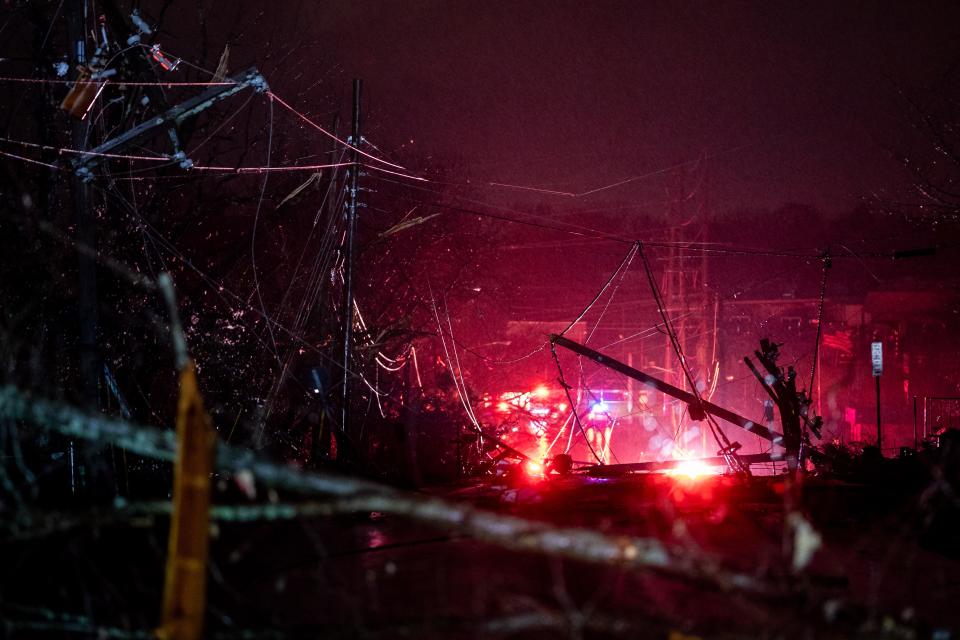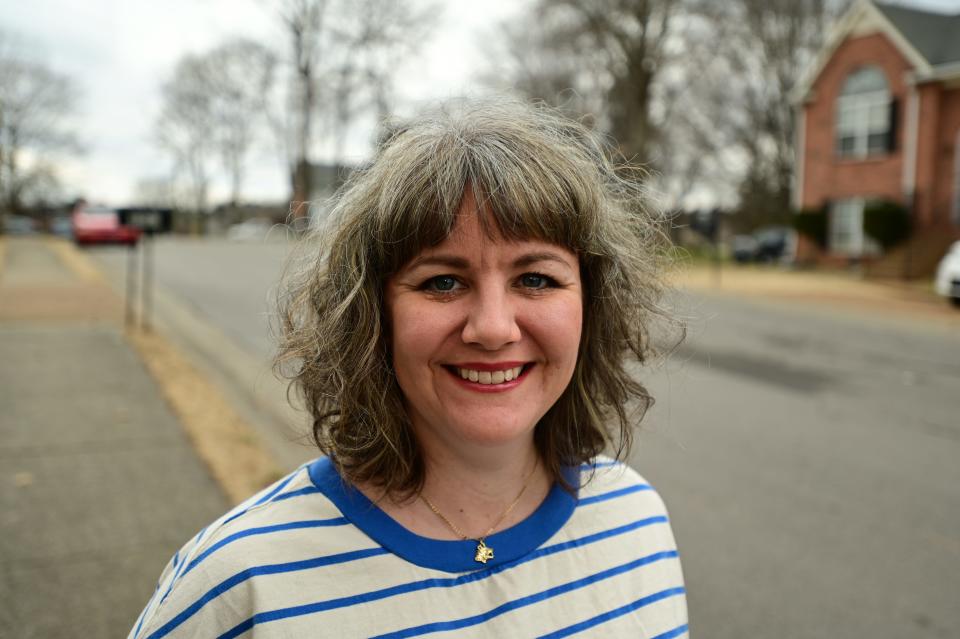Nashville's affordable housing problem requires long-term solutions. Here are some ideas.
Nashville has faced its fair share of natural disasters, and the recent tornadoes on Dec. 9 have once again upturned our lives and neighborhoods. While Tennesseans have rallied together for initial recovery, the aftermath underscores the crucial role of affordable housing in long-term recovery.
As housing costs rise, maintaining affordable housing – both for homeowners and renters alike – becomes even more important.
Natural disasters lay bare the inequities in our housing system and leave those with the least ability to fully recover in the hardest positions.
According to FEMA, nearly 800 residential properties were confirmed affected with 144 being either categorized as major or destroyed by the Dec. 9 tornados in Davidson County.
The most recent U.S. Census data estimates the average home value in Madison to be a little over $205,000 with 44% being owner occupied and 56% being renters. The median rent there being around $1,600 compared to the Nashville median of $2,117 as reported by Zillow.
If affordability is not maintained and repairs are not performed, that will be almost 800 households that will be looking for new affordable housing options in an increasingly expensive city.
Affordable housing ideas: Reform Nashville's outdated zoning code and build a safer and more affordable city
How we might preserve affordable housing in Madison
As a member of the Nashville VOAD (Voluntary Organizations Active in Disasters) and construction partner after disasters, Rebuilding Together Nashville is uniquely positioned as an affordable housing nonprofit to bring a unique perspective to long term recovery efforts.

Our year-round work is focused on preserving existing affordable housing through providing safe and healthy critical home repairs, and we know that Nashville would greatly benefit from a creative approach to disaster recovery using an affordable housing lens.
In Madison, we have the opportunity to preserve one of the few affordable neighborhoods left in Nashville. Everyone should feel the sense of urgency to do what it takes for the long term preservation of affordable housing in Nashville. To do this, Nashville needs a coordinated effort between disaster recovery, government programs and affordable housing nonprofits to make the impact that is needed.
Disaster recovery naturally leads to collaboration from unexpecting partners. Faith groups, social service agencies, construction partners, city government, and out of town disaster organizations, all become important collaborators.
The focus of the Nashville VOAD is survivor centered to ensure individuals and families that were affected are put first in recovery. While everyone is working toward getting individuals back to a “new normal,” we often lose sight of the long term interventions that must happen to preserve neighborhoods.
For example, one challenge is the potential impact of predatory developers offering below-market offers to homeowners looking to move on without worrying about recovery. To counter this, the city and affordable housing developers/non-profits could collaborate, using funds to purchase property at market rates and offer the property to repair or build new units by affordable housing agencies to maintain or increase affordable units through mechanisms like the Barnes Housing Trust Fund.
We need to put aside how we've always done things and act together
This is merely one example of how affordable housing leaders could partner with traditional disaster recovery efforts.
There is no guarantee that this will succeed. It will mean putting aside how we have typically done things and ask for larger actions from our local and state governments. This could also mean it costs more on the front end.
For example, we invest in deeper repairs performed by professional trades rather than volunteers to ensure affordable homes can be preserved for the long haul. It also requires a long range vision.
We have to think of the long term affordability of neighborhoods. We know the impact that affordable housing can have on the health and resiliency of communities. Now we need to make a plan to effectively act on it.

Disasters are going to continue to impact Nashville. The increase in disaster causing storm systems is increasing. The need to approach disaster recovery work from an affordable housing perspective will become ever more important as time goes on.
Andrea Prince is the executive director of Rebuilding Together Nashville working to ensure safe and healthy homes for her Nashville neighbors.
This article originally appeared on Nashville Tennessean: Affordable housing in Nashville is possible with urgent action
